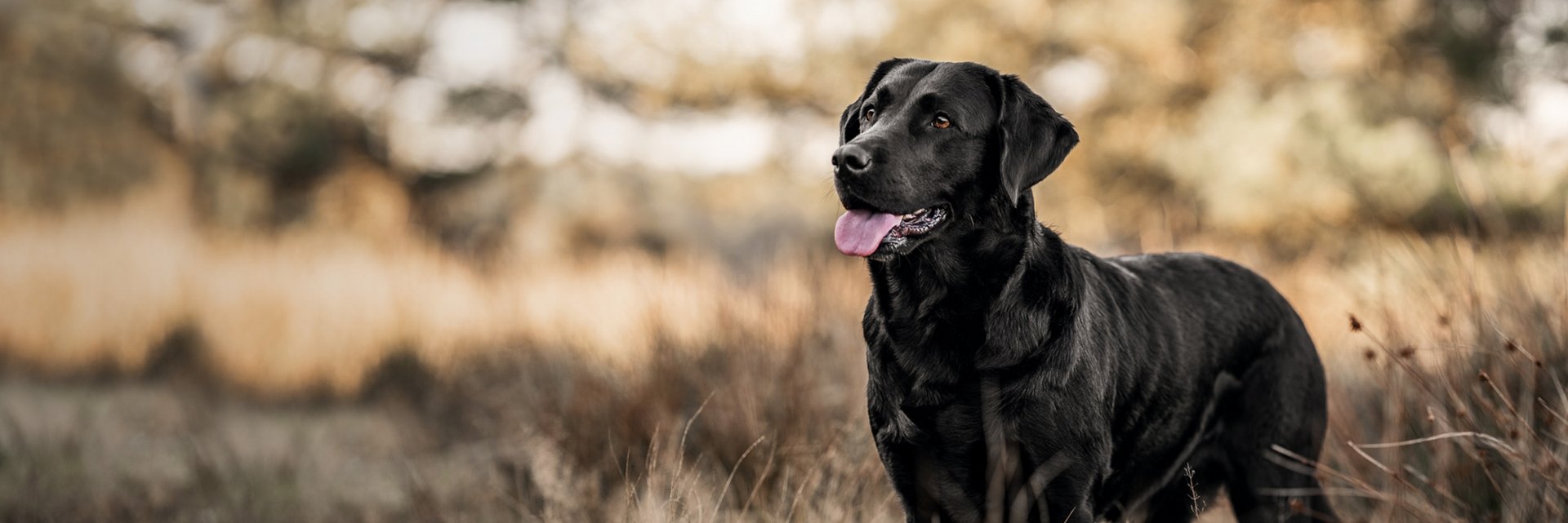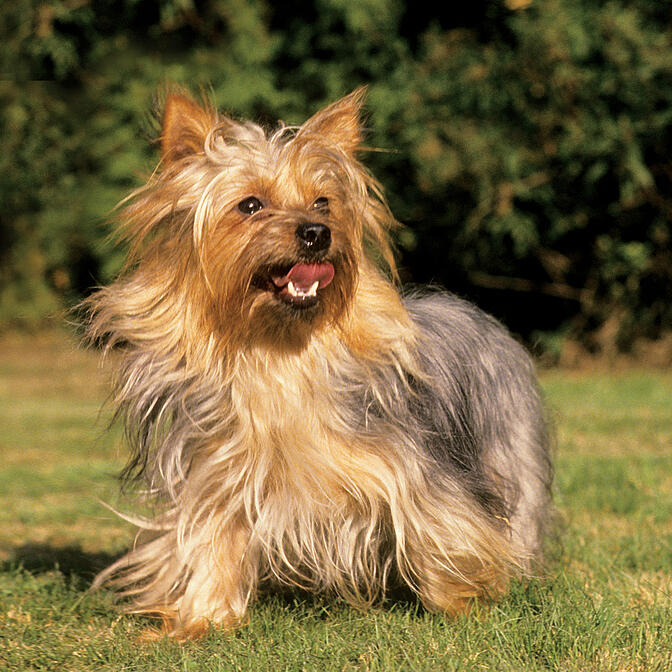Find the Right Breed of Dog for You
Dive into over 300 breed in our all inclusive online resource


Silky Terrier (Australian)
Small Breed
The Silky Terrier is a curious little breed, always interested in what's going on, even if sometimes it has nothing to do with them.
Breed standards
Country of origin
Australia
Weight
Average 5kg / 10lbs (standards may vary)
Height
23-26cm / 9-10in; Females are usually smaller than males (standards may vary)
Coat
Must be flat, fine, glossy and silky to the touch; hair quite long but not so it impedes the dog's movement
Markings
All shades of blue and tan can be found. Tan around base of the ears, on the muzzle and sides of the cheeks, with blue from the base of the skull to the tip of the tail, also down the forelegs and the hind legs.
Lifespan
Above average, 12-15 years
They are a devoted breed, longing to be around their family and craving affection. Their active nature has led to them performing well as a watchdog and a hunter. They are also good at agility tasks and learning tricks.
Temperament
A loving breed, the Silky Terrier is brave and intelligent. It is very active and loves to be on the move. Naturally curious, they may often get into mischief trying to see what's going on. They can be a stubborn dog but training is easy as they are very willing to learn, so a lot of the breed's wilfulness can in fact be trained out of them.
-
PoorChildrenGood
-
VeryCombativenessNot very
-
VeryDominanceNot very
-
Not veryFriendlinessGood
-
Not veryIndependenceVery
-
LoudNoiseQuiet
-
Not veryTrainabilityVery
Good to know
A happy breed, the beautiful Silky Terrier makes a great intelligent companion who is alert, playful and reactive.
- Makes a good companion
- A very light shedder
- Can perform well as a watchdog
- Adapts well to most climates
- Will be ok in an apartment if sufficiently exercised
- Not a dog recommended for novice owners
- Some trimming and stripping is needed
- Regular grooming is needed
- Can be prone to intervertebral disc disease, elbow dysplasia, patellar luxation and Legg-Perthes